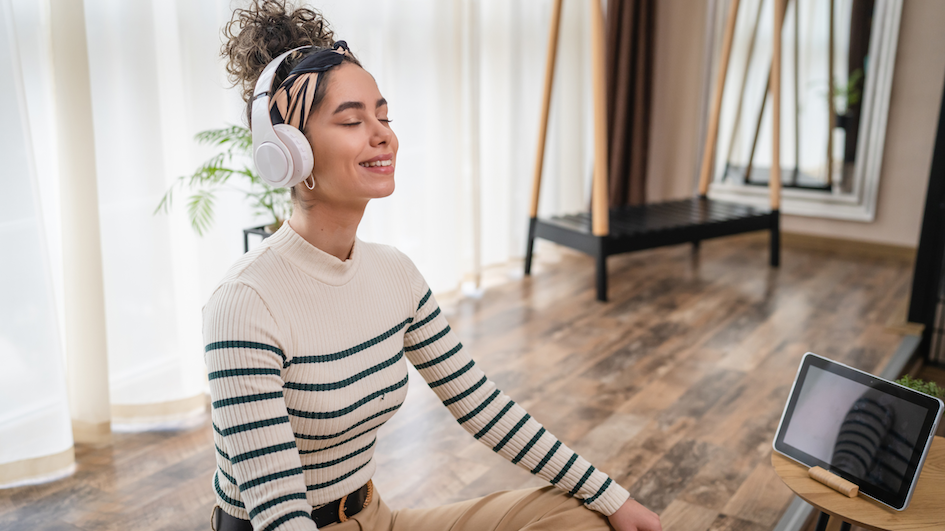Introduction
Taking care of your mental health is just as important as looking after your physical health. For many, the concept of self-care has gained significant attention, yet the idea feels unattainable or even indulgent. But here’s the truth: a well-thought-out self-care routine tailored to your personal needs can be a life-changing tool for fostering mental wellbeing.
This blog will walk you through the essential aspects of self-care, helping you design a routine that meets your unique mental health goals. Whether you’re looking to manage stress, stay emotionally balanced, or simply find joy in your daily life, this guide has you covered.
Understanding Self-Care
Self-care, at its core, is about nurturing yourself in ways that restore balance and promote mental resilience. But it’s a term often misunderstood. Many assume that self-care is limited to luxurious spa days or binge-watching your favorite show—but it’s much broader than that.
Effective self-care practices aim to create harmony between your physical, emotional, and social worlds. What’s more, self-care isn’t selfish. It’s a necessity that allows you to function better, contribute to your personal and professional lives, and provide support to others.
Think of it this way: just like you recharge your phone each night to keep it running, you need to recharge yourself. Building a self-care routine is like creating a system that keeps you “plugged in,” even when life gets busy.
Assessing Your Needs
Before jumping into creating your routine, it’s essential to take an honest look at your current state. Which areas of your life are draining you? What activities or responsibilities bring undue stress? Make a point to reflect on your needs and where you feel imbalanced.
One of the best tools for this is journaling. Writing down your emotions, thoughts, and struggles can uncover patterns that might not be obvious. For example, you might notice you feel consistently stressed after work or energized after spending time outdoors.
Another option is using self-assessment tools. These tools often ask targeted questions about your habits, such as sleep patterns, eating habits, and emotional triggers. By pinpointing key areas of imbalance, you can address them proactively.
Elements of an Effective Self-Care Routine
A balanced self-care routine should address multiple facets of your wellbeing. Here are common areas to consider and examples of activities you can include:
- Physical Care – Exercise, nutrition, and sleep hygiene are foundational.
- Emotional Care – Journaling, mindfulness practices, and therapy allow you to process emotions effectively.
- Social Connection – Building meaningful relationships and maintaining healthy communication can uplift your spirit.
- Relaxation – Moments of calm, such as deep breathing or indulging in a favorite hobby, help reduce stress.
Instead of focusing on adding everything at once, choose one or two activities from each category. Test what resonates with you. Over time, these small moments of intentional care add up, building resilience and balance.
Physical Self-Care
Taking care of your body supports your mental health in profound ways. Movement and exercise, for instance, release endorphins, dopamine, and serotonin, collectively known as “feel-good” chemicals. This not only boosts your mood but also lowers your stress levels.
Sleep and nutrition also play crucial roles in stabilizing your mental health. Good-quality sleep restores your body and mind, while a balanced diet provides the energy you need to thrive. When creating your self-care routine, prioritize these pillars of physical health.
Chart Illustration
| Physical Activity | Mental Health Benefit | Examples |
|————————|—————————-|————–|
| Aerobic Exercise | Boosts mood, reduces stress | Jogging, biking, swimming |
| Mindful Movement | Combines relaxation with fitness | Yoga, Tai Chi |
| Social Activity | Enhances connectedness, reduces isolation | Group fitness, hiking clubs |
Use the chart above to find an activity that aligns with your physical needs and mental goals.
Emotional Self-Care
Acknowledging your feelings is the first step toward emotional self-care. Far too often, we suppress emotions due to fear or social expectations. But those feelings don’t disappear; they simmer beneath the surface, potentially causing mental strain.
Tools like journaling and mindfulness exercises help surface these emotions safely so you can process them without overwhelm. Journaling, for instance, allows you to put your thoughts on paper, bringing clarity. Likewise, mindfulness reframes negative emotions and encourages present-moment awareness.
Seeking therapy is another empowering form of emotional self-care. Therapists provide professional guidance, especially if you’re navigating stressful or traumatic circumstances.
Social Self-Care
Humans are inherently social creatures, and a strong social circle can have a powerful impact on mental health. Whether it’s calling a close friend, joining a book club, or attending community events, personal connections foster emotional support and resilience.
Make it a habit to actively nurture relationships. Schedule regular check-ins with loved ones. Offer gratitude, and seek out spaces where you feel a sense of belonging.
If socializing feels daunting, start small. A quick “hi” or engaging in shared hobbies can pave the way to deeper connections over time.
Relaxation and Mindfulness
Even amidst life’s chaos, carving out time for intentional relaxation can drastically reduce stress. Mindfulness techniques, like deep breathing or progressive muscle relaxation, are incredibly effective tools.
Meditation, for example, is widely praised for enhancing self-awareness and emotional balance. If you’re new to mindfulness, start with guided meditations or apps like Calm or Headspace. Sometimes, even a 5-minute session can recalibrate your mind.
Explore ways to relax that bring you joy, even if it’s as simple as a daily cup of tea or a coloring book session. Relaxation isn’t one-size-fits-all; it’s about discovering what soothes and centers you.
Practical Tips for Implementation
The best self-care routine is one you can stick to. Look at your calendar and carve out intentional “me time.” For some, this might mean a few minutes each morning for journaling. Others may prefer weekend hikes to unwind.
Be gentle with yourself. Life’s unpredictable. If you miss a self-care session, that doesn’t mean failure. Flexibility sparks long-term success.
Tracking Progress and Adjusting the Routine
Consistency pays off when it comes to self-care, but that doesn’t mean your routine is static. Periodically, check if your activities align with your current needs.
Using a mood tracker or journal can help you identify trends. For example, which activities consistently lift your mood? Which ones don’t resonate anymore? Adjust accordingly to ensure your routine evolves with you.
Prioritize Self-Care as a Lifestyle
Building a self-care routine isn’t just about immediate mental health benefits. It’s an investment in long-term wellbeing. By addressing your physical, emotional, and social needs, you arm yourself with the tools to navigate life’s ups and downs with greater ease.
Start small, but start today. Your mental health is worth prioritizing.




